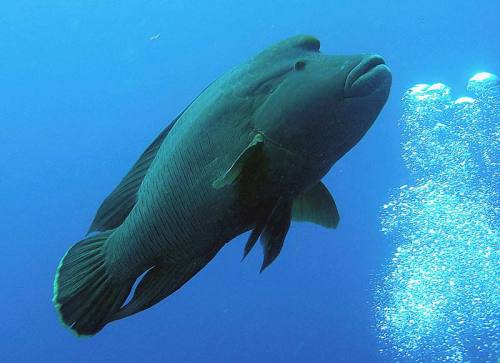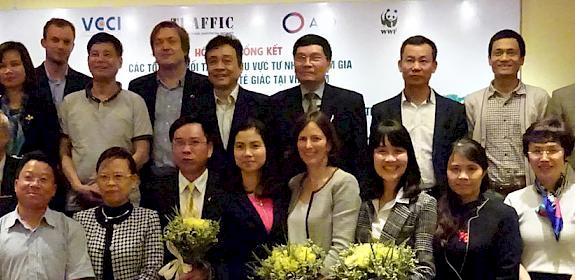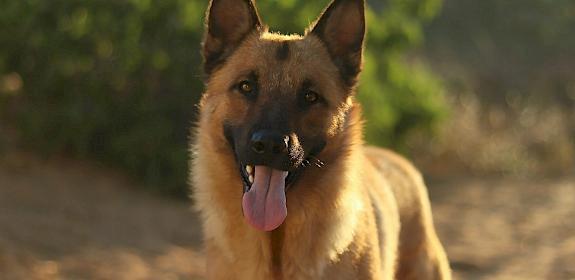Philippines workshop on wildlife crime
Manila, Philippines, 07 May 2007—This week the Philippine Judicial Academy (PHILJA) of the Supreme Court of the Philippines is to host its first national workshop on wildlife crime and prosecution.

"The Philippines has become an increasingly important source and transit point for wildlife crime in the region," said James Compton, Director of TRAFFIC Southeast Asia. "This workshop demonstrates the Philippine Government's firm commitment to tackling this important issue through the Association of Southeast Asian Nations Wildlife Enforcement Network (ASEAN-WEN)."
ASEAN-WEN is an intergovernmental initiative bringing the region's governments together to combat wildlife crime. TRAFFIC and Wildlife Alliance (formerly WildAid), in co-operation with the US Agency for International Development (USAID), are providing technical assistance to government agencies implementing the initiative.
In recent years wildlife crime has been on the increase in the Philippines. In 2005, six tons of elephant tusks from Africa were seized in Manila Harbor by the Bureau of Customs, whilst recently 2,300 high-value fish, including live Grouper, Red Snapper and 359 endangered Humphead Wrasse were found aboard a Chinese fishing vessel near Tubbataha Reef Natural Park's South Atoll, a national marine protected area. Both cases are still pending prosecution and judgment.
ASEAN-WEN meetings have identified the need to increase the involvement of judges and prosecutors in tackling wildlife crime, so the two-day workshop, on 10-11 May, will involve judiciary representatives from areas identified by the government as wildlife crime hotspots. These include: Metro Manila, Provinces of Davao, Palawan, General Santos and Saranggani.



